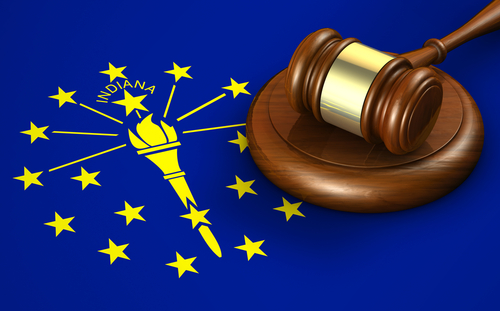Google Offers Legal Research for the Average Citizen—and Lawyers, Too
Updated: Google has announced it is adding a new search function that will find full-text legal opinions from federal and state courts.
Users can go to the Google Scholar online search engine and type in case names, topics or key words to find the relevant cases. “We think this addition to Google Scholar will empower the average citizen by helping everyone learn more about the laws that govern us all,” Google says in an announcement posted at TaxProf Blog.
Researchers can try an “advanced scholar” search link that narrows searches to opinions in specific states, according to the Supreme Court of Texas Blog. Users can also specify whether they want to search for “all of the words,” an exact phrase, or at least one of the words. They can also add date and author restrictions.
Case law goes back about 80 years for federal cases and more than 50 years for state cases, according to Information Today Inc. The opinions will have “cited by” and “related articles” links that take readers to other opinions and articles that will help them understand the information. But there is no citator service that flags when an opinion is overruled or called into question.
The Supreme Court of Texas Blog says the new search option is “quite polished and looks like it might be usable for serious legal work.”
Josh Blackman’s Blog is also impressed with the results. “Extremely quick, efficient, and free,” the blog says. “And it doesn’t just link to FindLaw or Cornell. It actually has an original, full text version. I just entered in a few key Supreme Court cases, and a few prominent circuit cases, and they were all in Google. Pretty cool.”
There are some shortcomings, however, according to the story by Information Today Inc.
“This product is not going to put Lexis or Westlaw out of business,” Carol Ebbinghouse, law library director at the California 2nd District Court of Appeals, writes for the blog. “These files do not cover the time dating from the beginning of our country, nor to the beginnings of the individual states.”
Ebbinghouse notes that although there are hyperlinks within cases to other opinions, hyperlinks to other materials are not there.
“There are no hyperlinks to statutes, codes, regulations, administrative opinions, or anything else quoted or referred to in the text of the opinions,” she says. “Finally, there is no citator service to verify that a particular opinion has not been overruled or vacated, distinguished, or otherwise declared of dubious value.”
Related Coverage:
MyShingle: “Free Legal Research by Google & What It Means”
Updated on Nov. 19 to include coverage by Information Today Inc.



